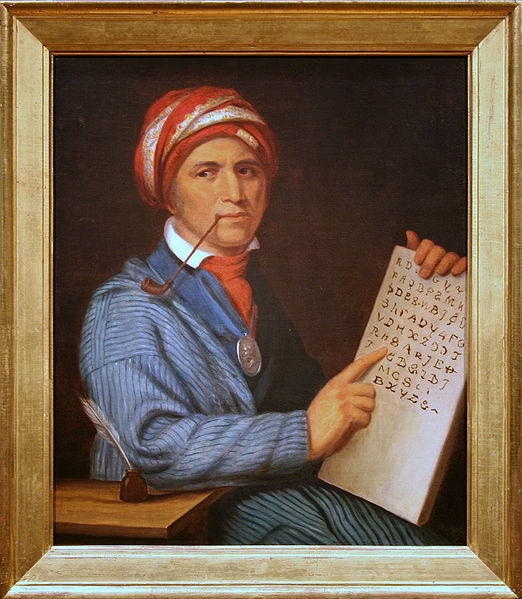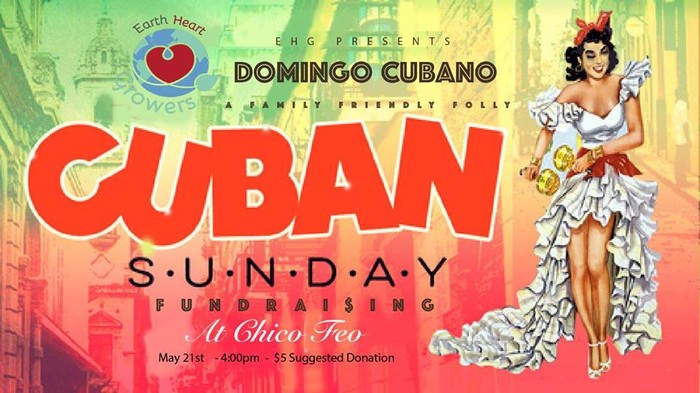
Notes on Quotes: The Silencing of Mother Tongues
By Gordon Mercer and Marcia Gaines Mercer
“One language dies every 14 days.” Russ Rymer, National Geographic
By most calculations there are between 6000 and 7000 languages on planet earth. There is fear, however, that by the beginning of the next century 50% to 80 % of existing languages will be gone.
Reasons for the mass extinction often involve a larger culture doing something, usually bad, to a smaller culture. In the United States, for example, even into the 1950s, Native American Indian children were punished at school for speaking in their native tongue. Across the globe, children growing up in places where a more powerful group has moved in do not become fluent in their native tongue. A language with no children to speak it does not last very long.
English, Spanish and Chinese predominate in commerce forcing smaller cultures to adapt, due to economic needs. Languages that dominate television, the internet and printed materials provide incentives for schools around the world to drop marginal languages.
While the large scale loss of languages is seen by some as a problem, others point out the advantages of a world whose citizens understand each other. What do we lose when we lose a language? Languages develop over thousands of years. According to Professor Arok Wolvengrey, professor of Amerindian languages and linguistics, “Each language has its own way of seeing the world, of dealing with the world. When you lose a language you lose that knowledge base and that world view, and that impoverishes us a little bit.”
The recent “National Geographic” article, “Vanishing Voices,” by Russ Rymer tells of the Tuvan who live on the Siberian taiga. Khoj ozeeri is a Tuvan word for their method of killing sheep, not a vocabulary word we wished to memorize. But, the word also means “kindness and humaneness” because it is a method of killing sheep with little pain and without upsetting the sheep. The Yuvan find other countries methods to be barbaric.
There is a tribe in the Amazon basin with an older, secret language. When translated, it was discovered they had a vast knowledge of medicinal plants that medicine specialists did not know about.
There are many websites devoted to words difficult to translate because there is no one word with the same meaning in another culture. Untranslatable English words include spam, awe, redneck and cheesy. Kyoiku mama is a Japanese word meaning a mother who pushes her children toward outstanding academic success. Toska is a Russian word that means ache, anguish, pain or restlessness of the soul. Tartle is a Scottish word and describes a hesitation when trying to introduce someone whose name you can’t remember. Hazisarkany is Hungarian for she dragon and signifies an ill natured spouse. We don’t recommend using this term in front of a spouse.
There are many organizations dedicated to preserving languages. Google, National Geographic and UNESCO have endangered language websites. Many languages have no written tradition, which makes them harder to preserve. The Cherokee are dedicated to teaching and preserving their language and have a literary tradition. The Western Carolina University Cherokee Language Program has teamed up with EarlyLightBooks to publish a Cherokee language children’s book called, “Animal Colors” to be used in the Cherokee immersion language project. Though still challenged, the Cherokee language is, relative to many other Native American languages, healthy.
How can a language be saved? Dictionaries must be created along with information on basics of grammar, so the language can be taught in schools. Cultural pride is essential. Marginalized cultures, especially those dominated by globally strong cultures, may not feel their language is valuable. Celebrations of music, history, culture and language help build pride.
The Google Endangered Language Project provides an interactive website for faculty, students, teachers, linguists and anyone interested in helping save endangered languages to get involved.
Dr. Gordon Mercer is past president and on the Board of Trustees of Pi Gamma Mu International Honor Society and professor emeritus at Western Carolina University. Marcia Gaines Mercer is a published author and columnist. They were married in Charleston and have a place in nearby Garden City.
